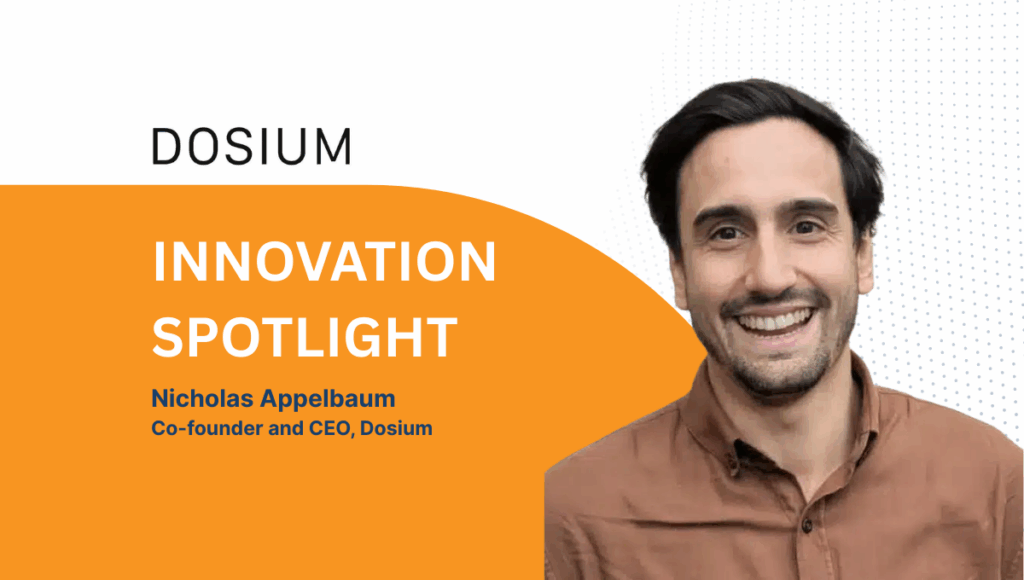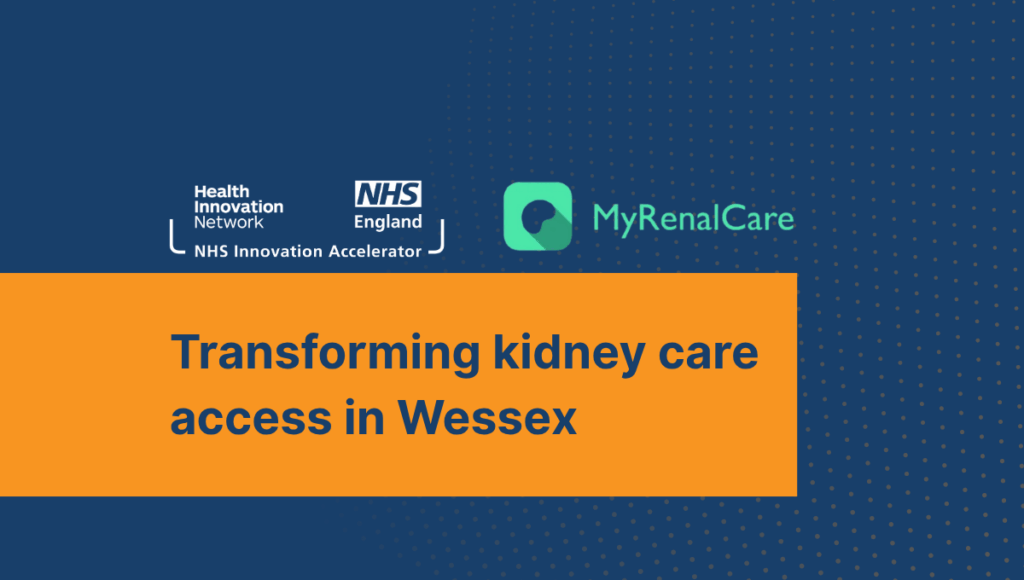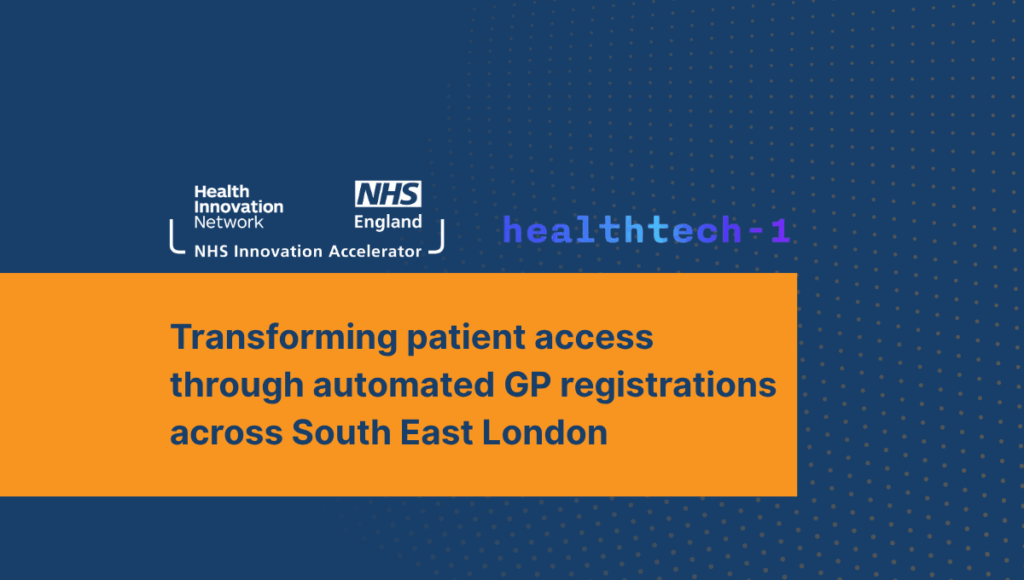Supporting Young People with Sickle Cell Disorder: The Sickle Cell Society’s Peer Mentoring Programme
The Sickle Cell Society’s Peer Mentoring Programme is empowering young people with Sickle Cell Disorder by building confidence, improving self-management, and fostering vital connections for better healthcare outcomes.

Building confidence, improving care
Following Rare Disease Day, it’s crucial to shine a spotlight on conditions like Sickle Cell Disorder (SCD), the UK’s fastest-growing genetic condition. Affecting approximately 17,500 individuals, predominantly from Black African and Caribbean communities, SCD presents distinct challenges, especially for young people transitioning from paediatric to adult care. The Sickle Cell Society’s Peer Mentoring Programme is making a profound difference by equipping 10-24 year olds with the skills, knowledge, and confidence they need to take control of their health.
Through personalised mentoring, peer support, and education, the programme not only empowers young people but also raises vital awareness among families, schools, and healthcare professionals, fostering a more informed and supportive environment for those affected by SCD.
Why it matters
Following Rare Disease Day, it’s crucial to shine a spotlight on conditions like Sickle Cell Disorder (SCD), the UK’s fastest-growing genetic condition. Affecting approximately 17,500 individuals, predominantly from Black African and Caribbean communities, SCD presents distinct challenges, especially for young people transitioning from paediatric to adult care. The Sickle Cell Society’s Peer Mentoring Programme is making a profound difference by equipping 10-24 year olds with the skills, knowledge, and confidence they need to take control of their health.
Through personalised mentoring, peer support, and education, the programme not only empowers young people but also raises vital awareness among families, schools, and healthcare professionals, fostering a more informed and supportive environment for those affected by SCD.
Real Impact
- In a pilot of the programme carried out between November 2022 and November 2023, 283 mentor sessions were delivered to 62 mentees by 4 mentors. The most common reason for referrals was peer, school and education and health management support. The quantitative findings from the evaluation found:
- A 30% reduction in ED attendance
- A 11% reduction in inpatient days
- An overall total length of stay reduction of 45.2%
- Considering the first six-month programme costs, this programme created a six-month financial saving of £126,686
- The programme was able to reduce activity burden on the six acute hospitals.
“My mentor has been so helpful to me, through working together and talking regularly with my mentor I have gained a better understanding of my condition. Working with my mentor has enabled me to ask questions about my condition and question how to deal with the impact on my life.”
What’s next?
Initially launched in six hospitals, the programme has expanded to Liverpool, Sheffield, and Manchester, with potential for national rollout. Next steps for the programme would see it extended to other centres of highest prevalence. The majority of people living with SCD are located in London, however as more people migrate away from the Capital, there is a need for sickle cell services like the peer mentoring scheme to be available nationally.
Find out more about Sickle Cell Society here and how it’s making a difference for people with Sickle Cell Disease every day.


